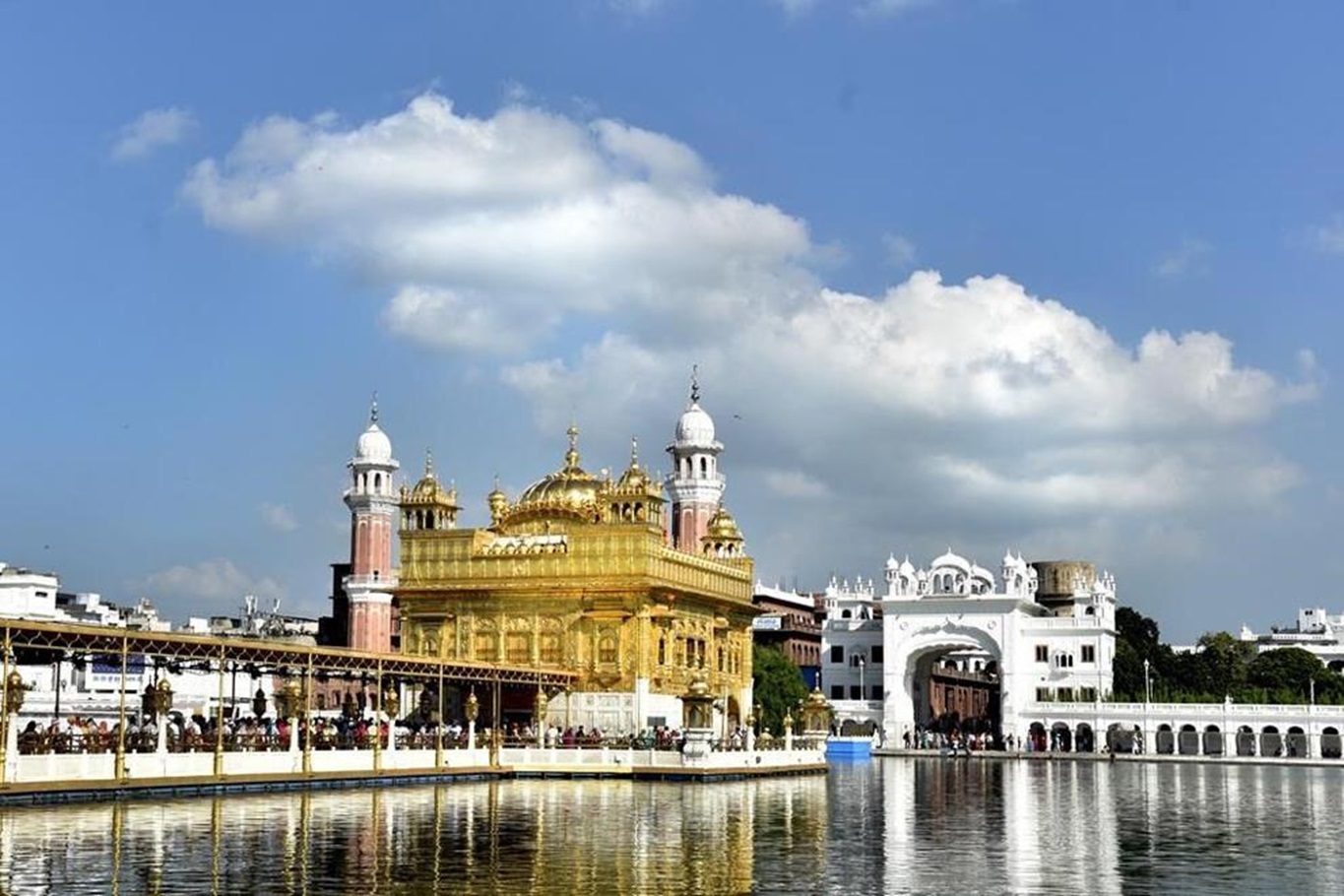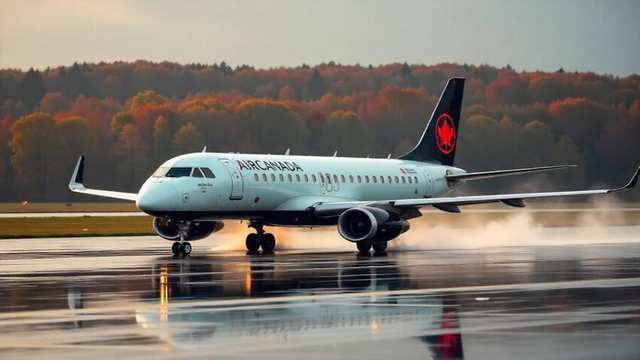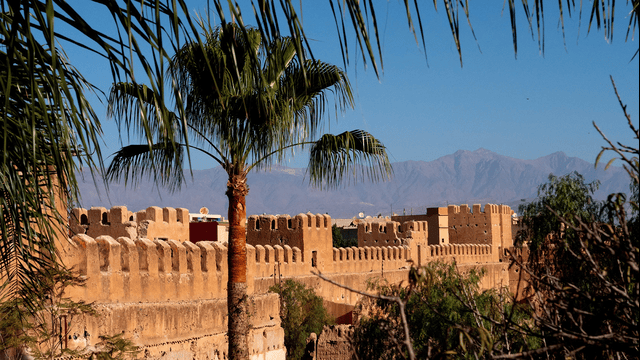
A view of the Golden Temple, Sikhism's holiest shrine, in Amritsar, India, Sept.20, 2023. Travellers and the sector that relies on them are rattled by heightened tensions between Canada and India, but see no reason to rethink their overseas plans for now. THE CANADIAN PRESS/AP-Prabhjot Gill
The sudden escalation of tensions between Canada and India has left travelers and the transportation sector on edge, prompting concerns but not yet leading to a significant shift in travel plans. The diplomatic dispute, triggered by Prime Minister Justin Trudeau's allegations of Indian involvement in the killing of a Sikh separatist leader in suburban Vancouver, has resulted in increased inquiries about visas and flight availability.
Urvi Chawla from Sahib Travel Agency in Brampton, Ont., noted that people are expressing fears and posing questions about potential flight cancellations. Despite the uncertainty, there hasn't been a noticeable decline in demand for travel services.
Indian officials recently cautioned students bound for Canada about security risks, escalating the ongoing spat. The diplomatic fallout has reached retail levels, with travelers seeking clarity on the situation before making bookings.
Air travel data from August reveals an increase in one-way flights between India and Canada, reaching 212 flights, about 14% more than the previous year. Air Canada, the primary airline offering direct flights between the two countries, has not observed any immediate change in bookings to India.
As tensions persist, the travel industry, still recovering from the impacts of the COVID-19 pandemic, remains resilient. Barry Prentice, the director of the University of Manitoba transport institute, suggests that the current political discord is more of a diplomatic duel and would significantly impact the industry only if it escalates beyond the current state.
The recent diplomatic tensions arose after Prime Minister Trudeau hinted at a possible link between India's government and the death of Sikh leader Hardeep Singh Nijjar. Indian officials dismissed these claims as "absurd and motivated," issuing an advisory to Indian nationals and students in Canada about potential risks.
Despite the political rhetoric, the pull of education and family connections is deemed stronger than the impact of a diplomatic rift on the travel industry. The ongoing tiff, while causing concern, has not yet reached a point where it substantially affects travel plans or the tourism industry.
Randeep Sarai, a Liberal MP, emphasized the safety of Canadians and travelers to Canada, downplaying the portrayal of danger by Indian officials. For now, the motivation to travel remains high, and the dispute has had minimal impact on Canada's tourism industry.
Walt Judas, CEO of the Tourism Industry Association of B.C., notes that the desire to visit friends and family outweighs travel advisories, and people continue to travel based on their needs and desires. The impact on Canada's tourism sector, particularly from India, remains limited, with most travelers being students or those visiting loved ones.
As the diplomatic tensions persist, the impact on travel and tourism remains a dynamic situation, with ongoing developments influencing the industry's trajectory.















